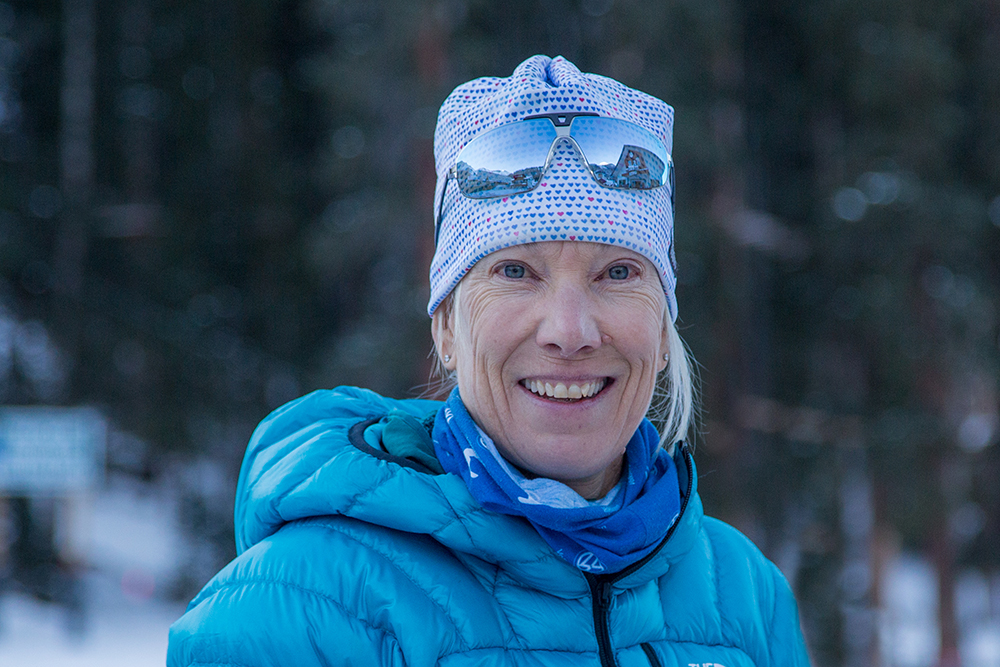Goal Setting with Emily Lovett
This article was originally published on the thesnowpros.org in March as part of the ‘Goal Setting’ series featuring members of the PSIA-AASI National Team. Emily’s advice transcends snowsports and is relevant to all aspects of learning and education.
Instructors and athletes at the top of their craft know there’s always room for professional development. They’re also adept at formulating a strategy to successfully reach their goals.
This series of stories focuses on how team members set goals and build plans to achieve their goals. Learn from PSIA Cross Country Team Coach Emily Lovett as she shares her insight and find takeaways for your own approach.
Emily’s Goals for the Season
Goals: Giving timely and effective feedback. Timely and effective feedback significantly impacts your students’ learning experience. I’m challenging myself to improve the timing of the feedback I give to improve the learning experience of my students.
My Goal Plan:
- I shared this goal with my teammates to hold me accountable.
- I make time for feedback and use my “cheet sheet” (see “Resources to Use”) during clinics and trainings.
- I keep a journal where I write down, and reflect on, the feedback I give during clinics and trainings.
Resources to Use: The tools and resources that help me reach my goal are the Cross Country Fundamentals (teaching, people, and technical) and the Situation, Behavior, Impact (SBI) model. When I give feedback, I first access the fundamentals to put my feedback into context. I also have a fundamental “cheet sheet” I keep with me to refer to when teaching.
The SBI model helps me give feedback on all skills (teach, people, technical). I find it a fun and enlightening tool to look at intent vs. impact and cause-and-effect. I even like the SBI model for technical skills feedback because it takes me out of a “techy” mindset and puts me more into a curiosity mindset which I believe helps me create more objective feedback.
How You can Use this Plan: Using fundamentals will help you frame feedback. You can use the fundamentals for “what is great skiing?,” “what is great teaching?,” and “what are great relationships skills?,” to create timely and effective feedback for your students.







